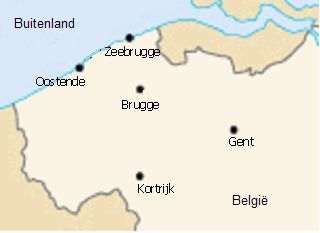
Pages
Division of Microbial Ecology, University of Vienna, Austria
Abstract Bachelor Project FBT 2020-2021: Evaluating the impact of antipsychotic drugs on the human gut microbiome by molecular approaches
The human gut microbiome is a complex ecosystem. An imbalanced microbiome has been linked with gastrointestinal conditions and wider systemic manifestations of disease. The development and composition of the gut microbiome are affected by a variety of factors such as commonly used medical drugs, including antipsychotics. This project aims to evaluate the impact of two antipsychotic drugs on the human gut microbiome composition ex vivo by 16S rRNA bacterial gene amplicon sequencing on DNA and cDNA isolated from incubations of human fecal samples in the presence of the drugs of interest. The impact of drugs on major microbiome taxa such as Bacteroidales and Lachnospiraceae was also evaluated using FISH. The innuPREP DNA/RNA mini kit protocol was successfully applied for fecal sample DNA and RNA extraction. The bacterial and archaeal 16S rRNA genes from all of the DNA and cDNA samples were amplified during PCR since there is a band of the expected size after performing an agarose gel electrophoresis, while mock reaction samples (RNA template without the reverse transcriptase) and a negative control (nuclease free water) show no band which confirms there is no amplification of DNA leftovers in the RNA samples. 16S rRNA gene sequencing results are awaited. FISH analyses revealed that biovolume fractions of Bacteroidales-targeted cells were significantly lower in samples amended with antipsychotic drugs than in the control. Statistically significance of biovolume fractions was determined compared to the volume fractions of the control. The bacteroidales-targeted organisms are slightly stimulated at earlier incubation time points by the low concentration of drugs added which is most significant in a complex medium. All other drug conditions reduce Bacteroidales-targets, this reduction being more significant in a minimal medium. One human-targeted drug stimulates the Lachnospiraceae-targets at all timepoints in each medium while the other drug reduces the biovolume fractions of the Lachnospiraceae-targets, more particularly by the high concentration. This hypothesis needs to be confirmed by sequencing data. This study shows that some antipsychotic drugs can have major impacts on the human gut community as whole that should not be ignored. These results will be important to predict the outcome and the side effects that drugs can have on different people.
Address
|
Biozentrum Althanstrasse, Althanstraße
Austria |
Contacts
|
Fatima Pereira
|

